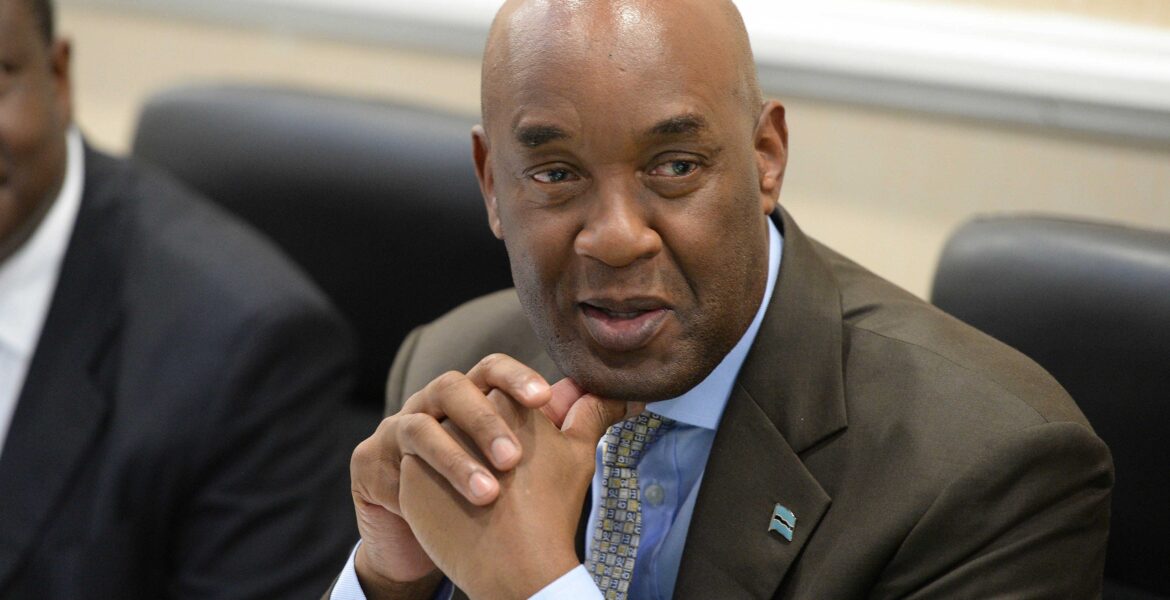John Churu
Government is losing a lot of money as a result of projects that are not completed on time. This was said by the Permanent secretary in the Ministry of Transport and Communications Kabelo Ebineng during a stakeholder consultation for the Road Sector Contractors.
Ebineng said some of the issues that gave the government sleepless nights included projects that are not delivered on time, on budget and on scope. Sometimes the government would ask whether the specifications are inconsistent, inadequate or lacking in engineering ingredients to meet the employers’ needs. As far as design faults were concerned, the government was worried about who would bear the duty of paying for a faulty workmanship since the government always was the one paying for such shoddy work hence there was need for equitable risk sharing at all times.
“The employer is also internally reflecting on some of the following questions: is the client at fault; does the client provide ambiguous specifications or does the client provide outdated specifications? We are again worried whether do we ever subject the products and the materials to testing to ensure they meet compliance requirement, or do we have quality vet designs, specifications, analyse and interpret test data?” Ebineng told the gathering.
He said of the 32 sampled projects that were carried out in the last 10 years, only 21.8 percent of them were completed within budget. “A total of 7 projects resulted in savings of P92 683 342. 58 while a total of twenty-five (25) projects resulted in cost overruns of P705 003 089. 63.”
“As a remedy and stop gap measure,” Ebineng added, “the government’s aim is to ensure that there is no bleeding of funds through unjustified processes, poor formulation of ITTs (procurement) and management whether by ministry or its contractors. All parties must come up with innovative solutions that can significantly improve the operational situations and results. All parties must also work together to ensure that the built infrastructure serves its purpose and there is a return on investment.”
Government is planning to establish a Programme Management Office “To bridge the gap before the establishment of the long term PMO through the assistance of the British Government, the Ministry of Transport and Communications and is in the process of engaging a consultant for an interim Project Management Office by April 2018. The expression of interest to bidders is intended for international companies only,” explained the Permanent Secretary.
The reason for engaging international companies only was so that the ministry enhances capacity to manage projects better, formulation of tighter ITTs, have stricter supervision and minimize the occurrence of incidence of non-compliance in contract obligations and also to minimize notices of intentions to claim.
He implored the concerned parties to work together and mutually benefit while working in the public interest and continually engage towards adherence to attaining good construction standards in a cost-effective manner among other things. The stakeholder consultations were the first to be organized by Kitso Mokaila since he moved to the ministry a year ago.

